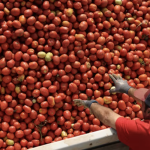A Comprehensive Review of the Soil Health Status for Enhancing Agricultural Sustainability
Added 5 months ago
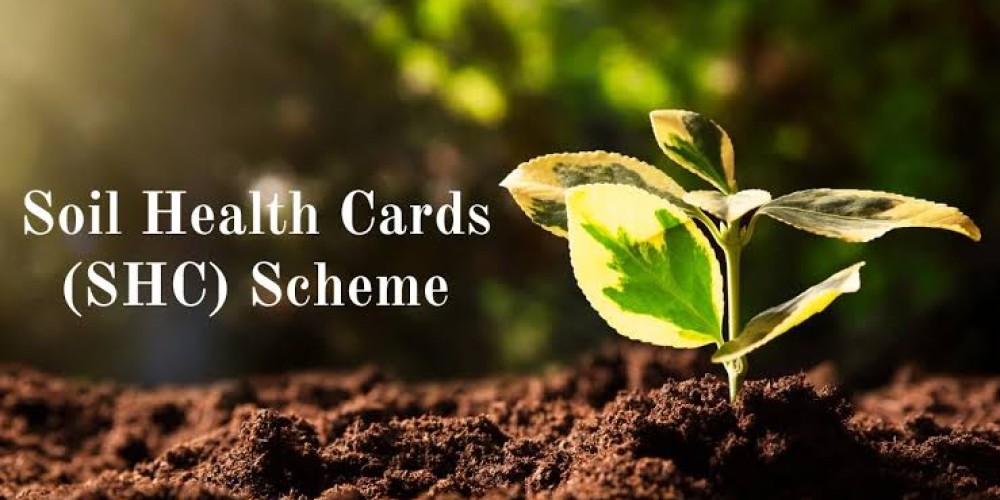
As the world contends with climate change, biodiversity loss, and the pressing challenge of feeding a growing population, sustainable agriculture has never been more urgent. At the heart of this transformation lies a resource often overlooked yet indispensable: soil health. Healthy soils are the cornerstone of food security, ecosystem stability, and rural livelihoods, underpinning the very foundations of the Sustainable Development Goals (SDGs).
Soil Health: The Unsung Hero of Sustainability
Soil does more than anchor crops. It regulates water cycles, stores carbon, supports biodiversity, and sustains agricultural productivity. Degraded soils, by contrast, diminish yields, heighten fertiliser dependence, and exacerbate greenhouse gas emissions. Globally, one-third of soils are already moderately to highly degraded, a trend that poses a profound risk to long-term food security.
Promoting soil health is thus not only an agronomic priority but also a planetary necessity. In fact, achieving SDGs on zero hunger, climate action, and life on land is intrinsically tied to how we manage and restore soils.
India’s Soil Health Card Scheme: A Policy Innovation
Launched in 2015, India’s Soil Health Card (SHC) scheme represents one of the most ambitious efforts worldwide to institutionalize soil health management. Through site-specific soil testing and customised fertilizer recommendations, the SHC initiative empowers farmers with actionable data about their land.
The results are telling. Independent evaluations report:
-
5–6% increase in crop yields across key cereals and pulses.
-
8–10% reduction in chemical fertiliser usage, easing both input costs and environmental burdens.
By linking productivity gains to reduced chemical dependency, the scheme demonstrates how policy can harmonize economic incentives with environmental stewardship.
Aligning with the Sustainable Development Goals
The SHC scheme embodies several SDG principles:
-
SDG 2 (Zero Hunger): By boosting yields, it enhances food availability and farmer incomes.
-
SDG 12 (Responsible Consumption and Production): Reduced fertiliser usage advances sustainable production practices.
-
SDG 13 (Climate Action): Better nutrient management mitigates greenhouse gas emissions from excessive fertilizer application.
-
SDG 15 (Life on Land): Improved soil fertility safeguards biodiversity and soil ecosystem services.
This integration of local action with global targets underscores the role of soil health as a linchpin for sustainable development.
Gaps, Challenges, and the Way Forward
While successful, the SHC scheme is not without hurdles. Challenges include:
-
Limited farmer awareness of how to interpret or act on the card’s recommendations.
-
Inconsistent laboratory infrastructure for timely soil testing.
-
Policy gaps in linking soil health management to long-term land-use planning.
Future pathways lie in scaling digital tools, strengthening farmer education programs, and fostering international collaborations. Countries in Africa, Latin America, and Southeast Asia, facing parallel issues of degraded soils and fertiliser misuse, could adapt the SHC model to local contexts.
Soil as the Foundation of Resilience
Soil may lie beneath our feet, but it underpins the future of sustainable agriculture. India’s Soil Health Card scheme demonstrates how science-driven, farmer-focused policy.
As nations chart pathways toward sustainability, the message is clear: investing in soil health is investing in humanity’s resilience.
Join the conversation
Be the first to leave a comment.
Leave a comment
All comments are reviewed before they are published on the website. Your email address will not be published.
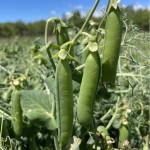
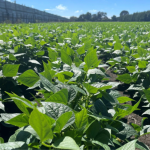

Community Engagement and Knowledge Sharing Strengthen the Carbon Positive Project
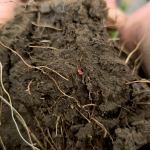
Are We Changing Soil Carbon Yet? Three Years In, the Jury’s Still Out

Farewell to Trustee Phil Schofield – A Foundational Leader of the HBFFCT
